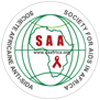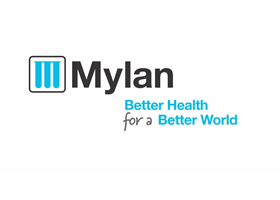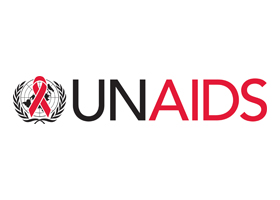Time: 12:45-14:15
Venue: AD10
Reporters: IRAKOZE SHYAKA Christelle and UWIMANA VESTINE Lorraine
This was a special session that focused on the scaling up testing and access to treatment for viral hepatitis. The moderator noted that viral hepatitis causes an estimated 1.4 million deaths per year mostly from Hepatitis related to liver cancer and cirrhosis. Elimination of hepatitis 2030 is feasible but will require regional prioritization and implementation of public health approach. He noted that the World Health Organisation and Rwanda’s Ministry of Health had provided a platform for high level hepatitis advocacy and partnership and sharing of experience to accelerate efforts to mobilize investments towards the implementation of a national hepatitis programs for elimination of Hepatitis in Africa.
Dr. Sabin Nsanzimana, Director general Rwanda Biomedical Center, discussed the Rwandan Experience in Viral Hepatitis Elimination. He shared that only 3 million of the 71 million infected with hepatitis V virus were on treatment. Also, 1 in 5 people living with HCV worldwide was diagnosed, 2 million people are newly infected each year and over 95% of chronic HCV can be cured within 3 months. In Rwanda, the anti-HCV positivity was reported in southern and eastern districts. Rwanda is on the journey towards HCV elimination with its massive screening program, 1.5 million cured and RDTs introduced. In order to eliminate hepatitis C as a public health threat, Rwanda has defined a coverage plan of 90% of chronic hepatitis C infections diagnosed, and 80%of eligible persons with chronic hepatitis C virus infection treated. As a way forward, he highlighted that is was important to continue to establish partnerships, increase population awareness on hepatitis through sensitization, civil society engagement and engagement of the media. Also, it is important to implement a surveillance system with a task-shifting framework that enables nurses to initiate treatment in line with the aim of decentralization of services to Health Center.
Dr. Olufunmilayo Lesi spoke on scaling up testing and access to treatment for viral hepatitis. She discussed about how viral hepatitis elimination has become a global priority because of the associated rising death rates from liver cancer and cirrhosis, Co-infections with HIV. Innovations in diagnostic tools, availability of effective treatment has made it possible to think of an elimination plan. She highlighted that Africa is the continent with the highest prevalence of hepatitis B with more than 60 million people living with hepatitis B. Thirty countries had prevalence over 5% and 4.8 million children <5 years had hepatitis B infection. Also, 11 million people were living with hepatitis C infection in Africa. the WHO Africa region endorsed “END HEPATITIS BY 2030” framework for action to guide implementation of the global hepatitis strategy in Africa. Hepatitis B vaccine coverage needs to be > 90%. Hepatitis B birth dose is currently available in 25 countries. Also, the diagnosis of chronic hepatitis B and C needs to be > 20%. There also should be the aim to treat hepatitis B. Health care workers are a priority for hepatitis B vaccination. Also, prevention should focus on screening blood at blood transfusion service centres, ensuring injection safety, and promoting harm reduction programs for persons who inject drugs. Implementation of the hepatitis elimination agenda is a public health response that needs government leadership and investment for its success. Success also requires mobilization of domestic funding which catalyse external funding investments, optimization of prevention interventions, acceleration of scale-up of testing and treatment into existing health infrastructure. Also, reduced costs enables optimized procurement of medicines and diagnostics. It is also pivotal to promote an enabling environment, partnerships, capacity building.













